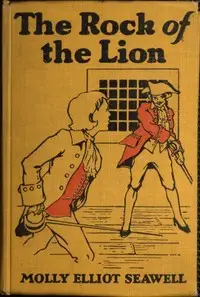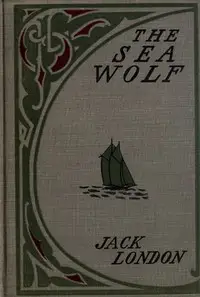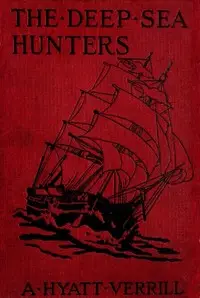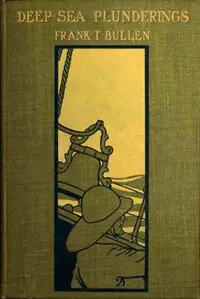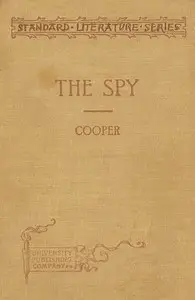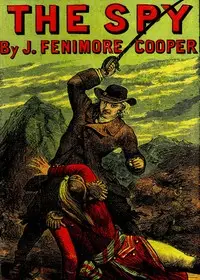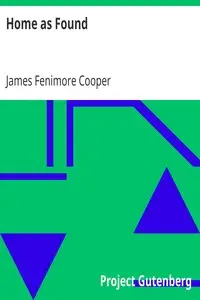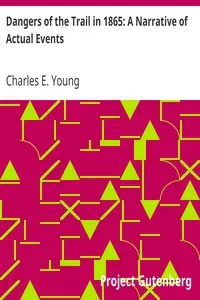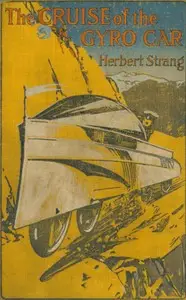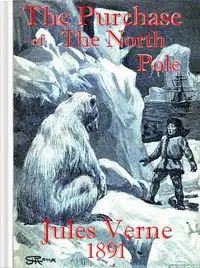"The Sea Lions; Or, The Lost Sealers" by James Fenimore Cooper is a story set against the backdrop of Long Island's whaling community, highlighting themes of greed, virtue, and the power of the natural world. The tale introduces Deacon Pratt, a stingy man, his kind niece Mary, and Roswell Gardiner, captain of the ship Sea Lion, setting the scene for exploring human desires for wealth and deeper relationships. It begins with Deacon acquiring information about hidden treasure from a dying sailor, Daggett, fueling stories of ambition and adventure across distant islands, while Mary finds herself drawn to Roswell, creating tension and moral questions, especially as Deacon's self-interest intensifies. The initial chapters establish the characters, their complex relationships, and the draw of adventure and riches that will shape their actions.

The Sea Lions; Or, The Lost Sealers
By James Fenimore Cooper
Avarice and ambition clash with love and morality as a Long Island community finds itself caught in a web of hidden treasures and dangerous sea voyages.
Summary
About the AuthorJames Fenimore Cooper was an American writer of the first half of the 19th century, whose historical romances depicting colonial and indigenous characters from the 17th to the 19th centuries brought him fame and fortune. He lived much of his boyhood and his last fifteen years in Cooperstown, New York, which was founded by his father William Cooper on property that he owned. Cooper became a member of the Episcopal Church shortly before his death and contributed generously to it. He attended Yale University for three years, where he was a member of the Linonian Society.
James Fenimore Cooper was an American writer of the first half of the 19th century, whose historical romances depicting colonial and indigenous characters from the 17th to the 19th centuries brought him fame and fortune. He lived much of his boyhood and his last fifteen years in Cooperstown, New York, which was founded by his father William Cooper on property that he owned. Cooper became a member of the Episcopal Church shortly before his death and contributed generously to it. He attended Yale University for three years, where he was a member of the Linonian Society.



